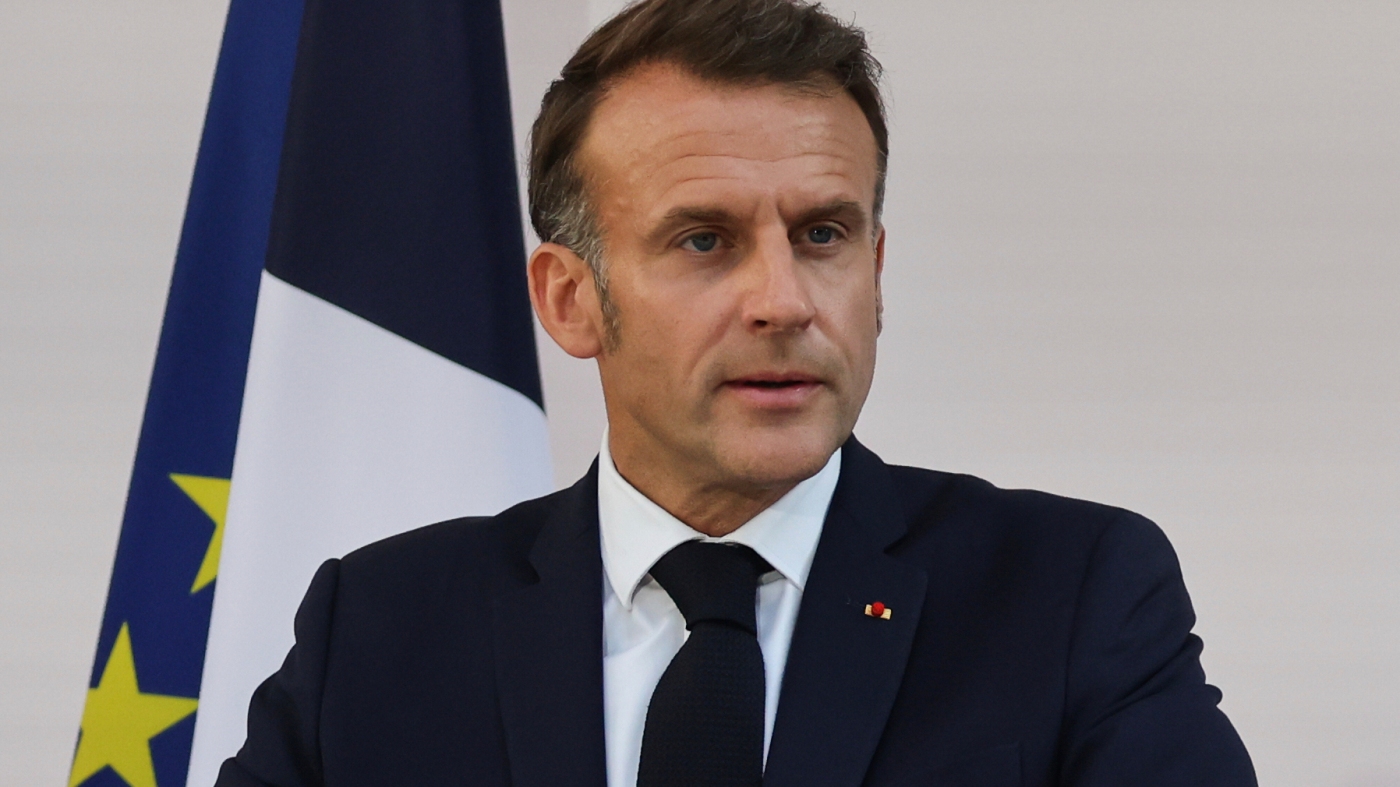T4K3.news
France and U.K. to recognize Palestinian state
France and the U.K. prepare to formally recognize Palestine amidst ongoing conflict in Gaza.

Several nations are moving toward recognizing Palestine, a symbolic act with potential diplomatic implications.
France and U.K. prepare to recognize Palestinian state
France, the United Kingdom, and Canada are set to recognize a state of Palestine, reflecting a growing divide with Israel and the United States amid ongoing violence in Gaza. This recognition, expected by September, comes as these countries respond to global outcry over humanitarian conditions in the region. France appears willing to recognize Palestine unconditionally, while the U.K. and Canada have linked their decisions to Israel's actions and commitments toward peace. More than 145 countries currently recognize a Palestinian state, but the actions of major nations like France and Britain hold substantial significance. Their recognition may pave the way for increased diplomatic relationships with the Palestinian Authority, although actual changes in the status quo remain questionable. The situation has intensified following the war in Gaza, which has drastically increased Palestinian casualties.
Key Takeaways
"When you have states with the significance and importance of France and Britain taking this measure, it does leave the sense of a dam breaking."
Mouin Rabbani comments on the potential impact of major countries recognizing Palestine.
"This is a low-cost option that may placate a domestic audience demanding action, while doing very little to change the situation on the ground."
Mouin Rabbani reflects on the implications of recognizing Palestine without real sanctions.
The decision by France and the U.K. to move towards recognizing a Palestinian state signals a significant shift in international attitudes, particularly in response to humanitarian crises. These nations aim to exert pressure on Israel while addressing demands from their own citizens for action. Yet, such symbolic gestures may not translate into effective change on the ground. The split with the United States, which maintains staunch support for Israel, creates a complex backdrop for any future negotiations. As global views on the conflict evolve, these recognitions could indicate a turning point in diplomatic strategies, though their practical outcomes will be heavily scrutinized and debated in the context of the ongoing violence and geopolitical dynamics.
Highlights
- France and the U.K. push for Palestinian recognition amid growing global outrage.
- Recognition of Palestine could unify diplomatic voices against Israel.
- Political pressures drive nations to act on Palestinian statehood.
- Symbols matter in international relations, but do they lead to real change?
Potential diplomatic backlash from Israel and the U.S.
Recognizing a Palestinian state may strain relations with Israel and the U.S., both of which oppose such moves vigorously. Countries like the U.K. and France could face backlash domestically and from international allies. Additionally, the recognition may raise questions about future diplomatic actions and enforcement.
As the situation evolves, the implications of these recognitions will unfold on both diplomatic and humanitarian fronts.
Enjoyed this? Let your friends know!
Related News

France will recognize Palestinian statehood amid EU trend

France to formally recognize Palestinian state

Meloni cautions against recognizing Palestine too soon

Germany considers change in support for Israel

UK to recognize Palestinian state by September
Trump and Starmer hold critical discussions in Scotland

France officially recognizes Palestine as a state
High-level U.N. meeting on Israel-Palestine begins this week
